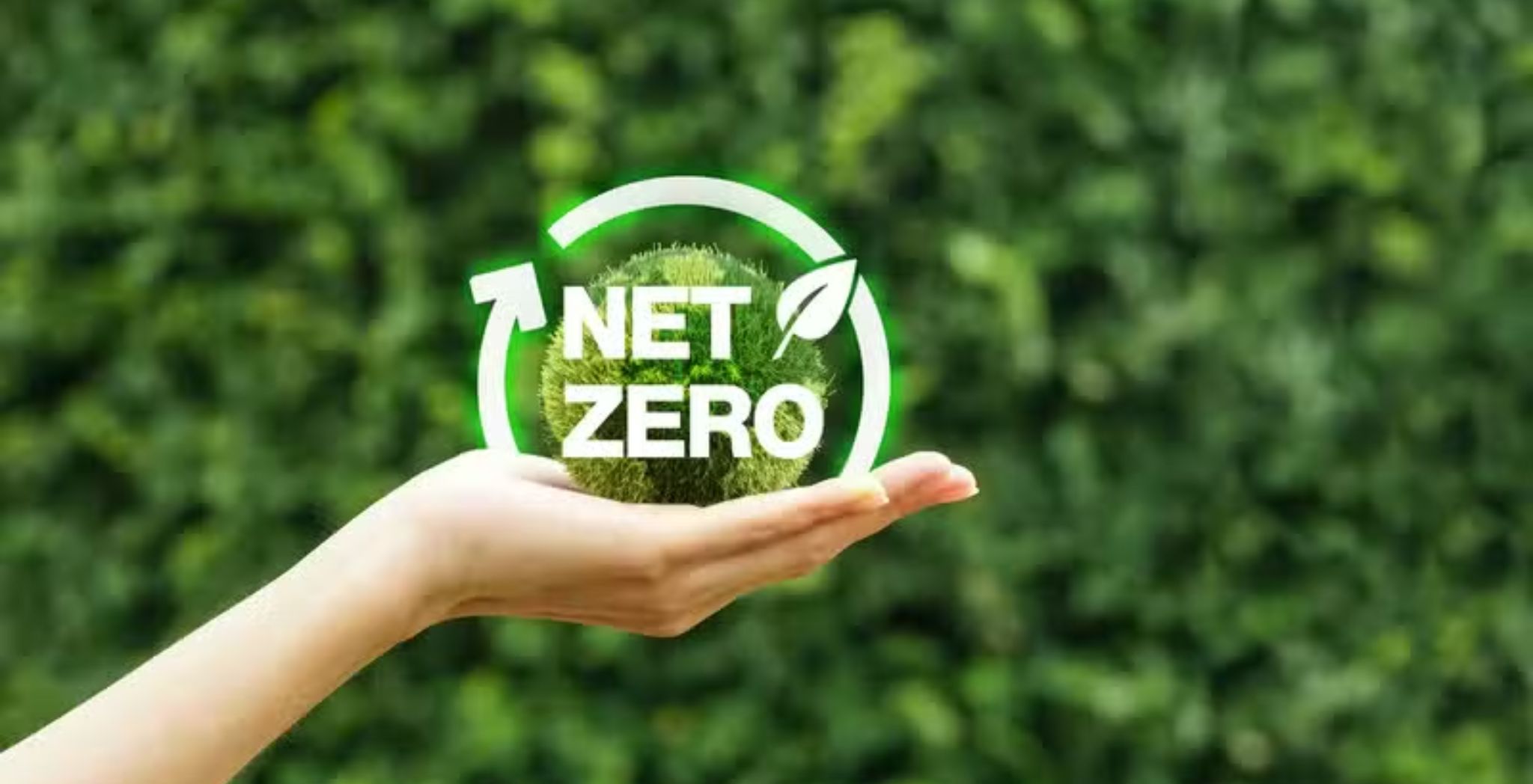Abstract:
Dubai is accelerating its journey toward achieving zero by 2050, making significant strides in clean energy, water desalination, and sustainable aviation fuel. Supported by visionary leadership, Dubai is implementing innovative technologies and major projects to diversify energy sources, reduce carbon emissions, and boost sustainability. Key initiatives like the Mohammed bin Rashid Al Maktoum Solar Park and the Hassyan water desalination plant are leading the city’s efforts to become a global hub for sustainability.
Key Highlights:
- Dubai is on track to meet its Clean Energy Strategy 2050 and Net Zero Carbon Emissions Strategy 2050, which focus on 100% clean energy by 2050.
- The Mohammed bin Rashid Al Maktoum Solar Park is the world’s largest single-site solar park and a cornerstone of Dubai’s renewable energy initiatives.
- DEWA aims to produce 100% of desalinated water through clean energy by 2030, with the Hassyan solar-powered desalination plant leading the charge.
- Dubai’s clean energy efforts will reduce 44 million tonnes of carbon emissions and save AED 13 billion by 2030.
- Dubai’s aviation sector targets producing 1% of national airlines’ fuel from sustainable aviation sources by 2031, with plans for further expansion.
- Abu Dhabi Fund for Development continues to play a vital role, with more than $49 billion in sustainable development projects worldwide, promoting clean energy and sustainability.

